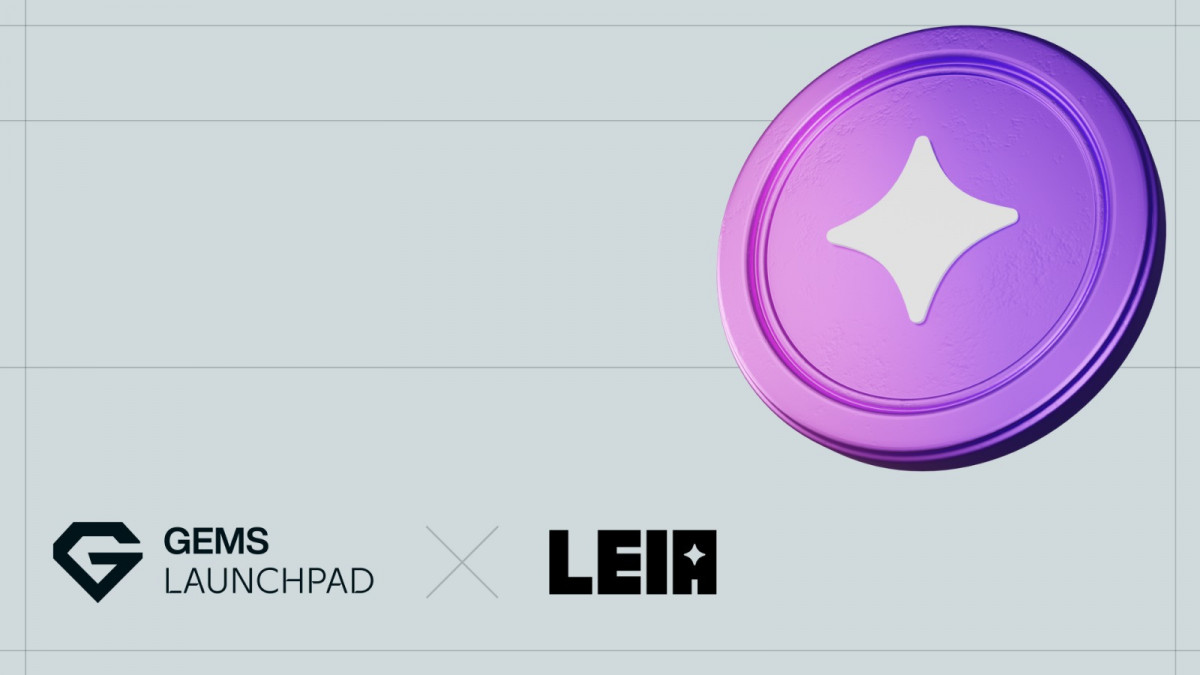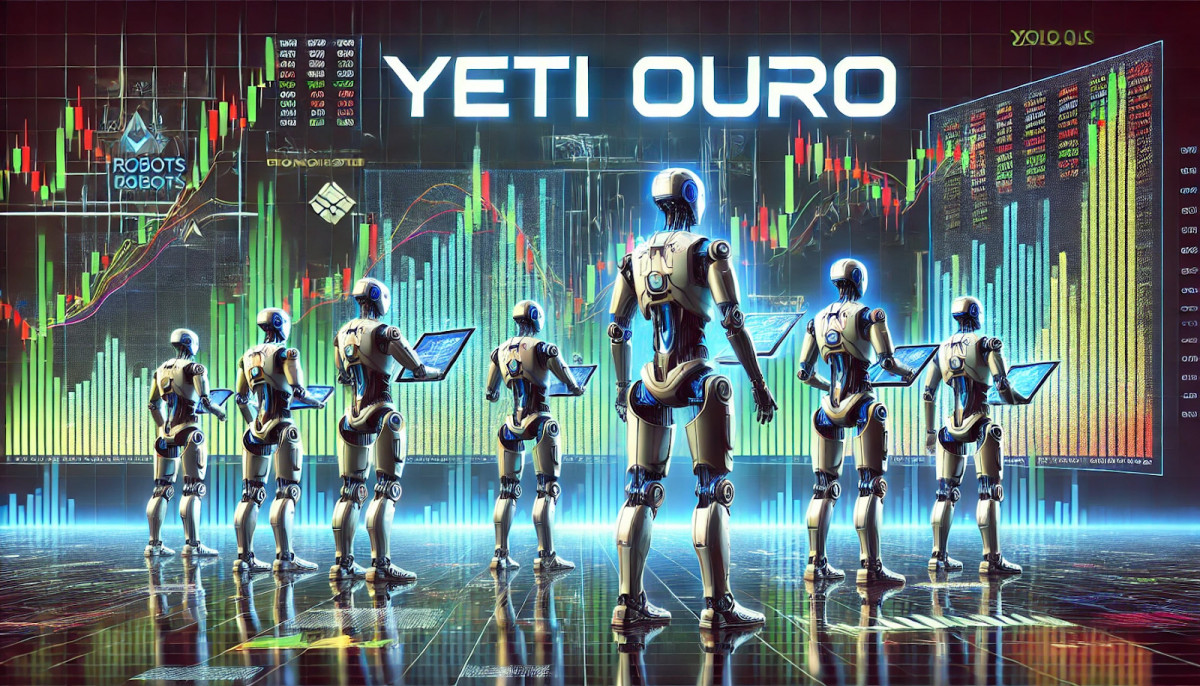It’s no secret that understanding the traditional finance world is challenging. Unfortunately, making sense of decentralized finance (DeFi) is even harder.
Decentralized finance is a growing collection of financial tools built on top of the blockchain – a digital ledger that lives across a collection of distributed servers. These platforms and protocols allow users to trade cryptocurrency, borrow and lend money, and earn interest, all without a centralized bank or third-party intermediary.
A quick Google search will return research around DeFi’s unprecedented financial upside and unthinkable annual yield percentages. Similarly, you’ll find even more about hacks, scams and illegitimacy within its ecosystem. Still a largely unregulated gray area, decentralized finance is a mixed bag. That being said, when approached responsibly and cautiously, DeFi can serve as a viable and legitimate financial investment option.
Regardless of your feelings toward cryptocurrency, one thing is certain: It’s gaining quite a foothold. As of May 2022, there were more than $74 billion in crypto assets locked in DeFi. And as DeFi continues to gain broader adoption, there’s a lot of education to be done around basic terminology, leading protocols and best practices.
That’s why we’ve built the DeFi dictionary, a living resource for you to reference as you get acquainted with this new frontier of finance. After reading this document from start to finish, you’ll have a high-level overview of the main pillars of decentralized finance.
Ethereum
Ethereum is a decentralized blockchain network, widely used for its ability to run smart contracts. Ethereum is the primary blockchain of the DeFi ecosystem.
Decentralized Application (dApp)
A decentralized application is a website or application that runs on top of the blockchain. dApps are powered entirely by smart contracts, removing the need for any centralized third party.
Smart Contract
A smart contract is a blockchain-native computer program that automatically executes once predetermined requirements are met. Smart contracts are the lifeblood of all DeFi applications and protocols.
Ether
Ether (ETH) is the native currency (or “token”) of Ethereum and is used to pay transaction fees across all Ethereum-native decentralized applications. To participate in decentralized finance, you’ll need two things: ETH and an Ethereum wallet.
Ethereum Wallet
A wallet is a software application or physical device that allows users to interact with a blockchain. Wallets hold users’ currency and data and are interoperable across all decentralized applications. Each wallet comes with its own private and public keys. While we use Ethereum for this example, there are also wallets for other blockchains like Bitcoin and Solana.
Metamask is the most popular Ethereum wallet and is compatible with all major dApps.
Private Key
A cryptographic string of numbers that gives users access to their funds and data. Private keys are used to sign and…
Read More: www.kiplinger.com









 Bitcoin
Bitcoin  Ethereum
Ethereum  Tether
Tether  XRP
XRP  Solana
Solana  Dogecoin
Dogecoin  USDC
USDC  Cardano
Cardano  Lido Staked Ether
Lido Staked Ether  TRON
TRON  Avalanche
Avalanche  Wrapped stETH
Wrapped stETH  Sui
Sui  Toncoin
Toncoin  Chainlink
Chainlink  Shiba Inu
Shiba Inu  Wrapped Bitcoin
Wrapped Bitcoin  Stellar
Stellar  Hedera
Hedera  Polkadot
Polkadot  WETH
WETH  Bitcoin Cash
Bitcoin Cash  LEO Token
LEO Token  Uniswap
Uniswap  Litecoin
Litecoin  Pepe
Pepe  Hyperliquid
Hyperliquid  Wrapped eETH
Wrapped eETH  NEAR Protocol
NEAR Protocol  Ethena USDe
Ethena USDe  USDS
USDS  Internet Computer
Internet Computer  Aptos
Aptos  Aave
Aave  Mantle
Mantle  Cronos
Cronos  Render
Render  POL (ex-MATIC)
POL (ex-MATIC)  Ethereum Classic
Ethereum Classic  Bittensor
Bittensor  MANTRA
MANTRA  Monero
Monero  WhiteBIT Coin
WhiteBIT Coin  Tokenize Xchange
Tokenize Xchange  Dai
Dai  Artificial Superintelligence Alliance
Artificial Superintelligence Alliance  Arbitrum
Arbitrum